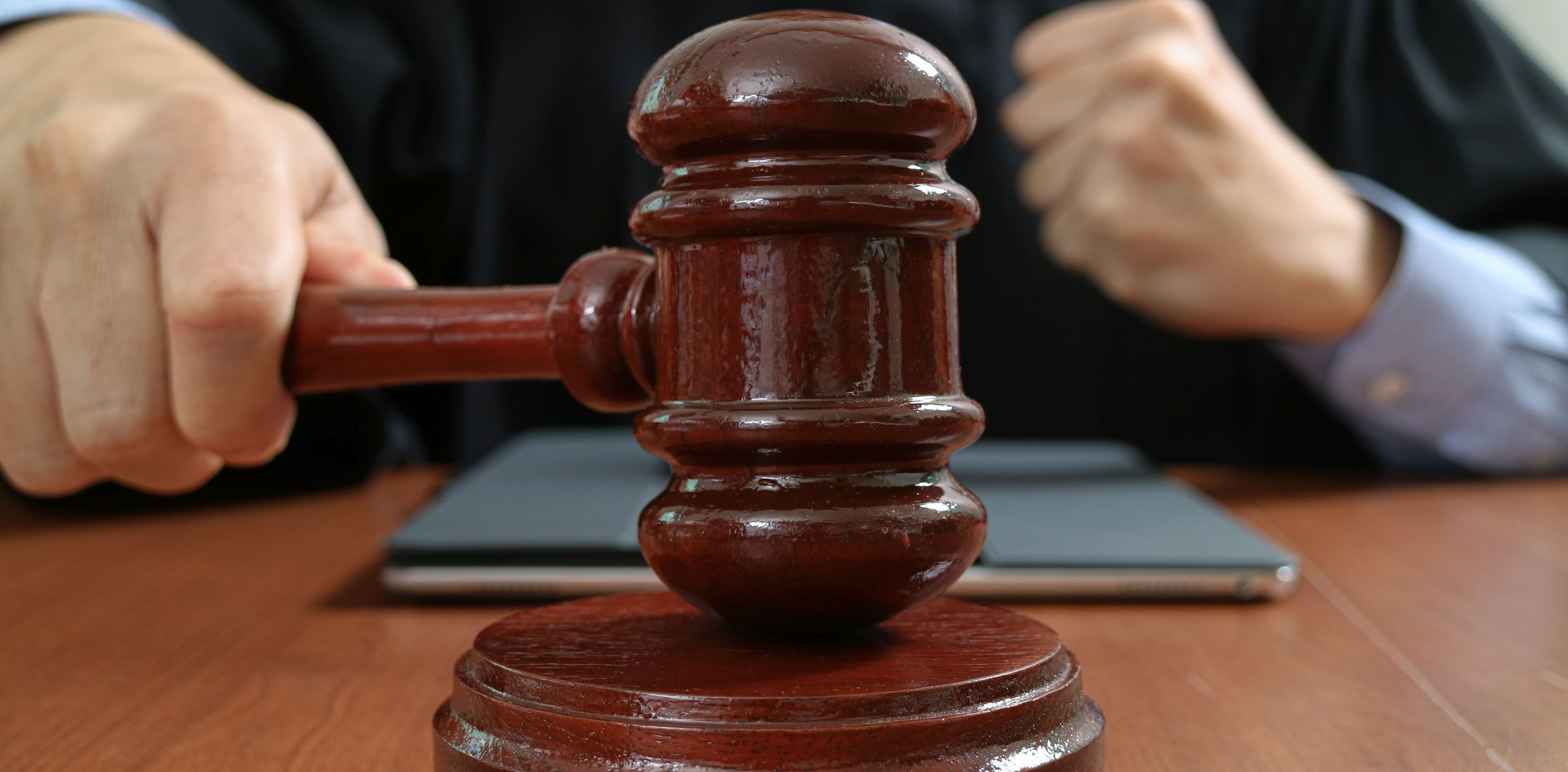
Welcome To The Data Leak Lawyers Blog
We focus on the latest news surrounding data breaches, leaks and hacks plus daily internet security articles.

We focus on the latest news surrounding data breaches, leaks and hacks plus daily internet security articles.

The new legislation that came into force in May 2018 could lead to many incidents and violations, and this includes issues involving a school GDPR breach.
We must remember that all organisations – no matter how big or how small, or whether they’re private or public – are responsible for complying with the GDPR. For schools, not only is the duty there, but we must also account for the fact that the data subjects are young; and therefore vulnerable individuals.
Although schools will need to have adapted in similar ways that businesses have, they cannot take for granted the extra care required given that it’s children involved. If a breach occurs, victims should know their rights.

You can be entitled to make a claim for compensation if you have been the victim of a university cyber breach and your data has been misused or exposed.
It’s important to remember that higher education facilities like universities hold a wealth of information about a lot of people. It can include the usual personal information as well as financial data for fees, and medical and domestic data to ensure that the needs to students are met. When it comes to mitigating circumstances, the information that could be held for students can include some incredibly personal and sensitive information.
Universities can also be a major target for cyber criminals because of the research data that they hold. The information for students and employees can easily get caught up in such an attack as well.

Here’s what you need to know about the BA data breach class action that was formed last month that we have been appointed to the Steering Committee for.
This is set to be the first major class action since GDPR came into force last May. The Information Commissioner’s Office (ICO) set their intention to fine British Airways a staggering £183m as a result of the 2018 cyberattacks. Although the airline is understood to be appealing this decision, the fine itself is not intended to be used for compensation, which is where we come in.
Here’s what you need to know about the formal group action for compensation that we’re a part of.

Unless you have fallen victim to such an incident, it can be hard to fully understand the impact when it comes to NHS staff snooping on patient records.
And if you have been the victim of such an incident, we know all too well how you must feel. Medical data breach compensation claims are one of the most common types of cases that we take forward, and many involve staff accessing medical records inappropriately.
The recent incident involving Greater Manchester patients has also triggered a new wave of victims who are claiming with us as part of a multi-party (group) action as well. If you don’t have a case with us but want to know more about what you can do, here’s some advice for you.

In the same way that fines can be far higher, will we also see higher GDPR compensation amounts since the new law came into effect in May 2018?
Although data breach compensation amounts are still based on the individual impact to the victim, and this hasn’t changed since GDPR, the new laws can make brining a claim an easier thing to do. The law is more stringent than the previous Data Protection Act, so there can be more avenues for people to be able to claim. And the recent court case victory has also paved the way for people to be able to launch a claim even if they haven’t suffered any distress or loss at all.
The difference in fines is, of course, monumental. We have already seen the power that regulators now have to ensure data breach offenders are properly punished.

A victim of a police computer data breach can be entitled to make a claim for compensation for any distress or loss that’s suffered.
Ultimately, we treat a police data breach in the same was as any other. The police and their employees are not above the law, and they too must abide by the data protection laws and principles we have here in the UK. As such, any breach can lead to a victim being able to make a claim, and we can offer No Win, No Fee representation.
As experts in data breach compensation claiming, having been helping people (thousands of them!) specifically in this niche area of law for several years, we can help you.

When it comes to avoiding what can be incredibly damaging healthcare information data breaches, prevention over reaction is absolutely key.
In fact, just this morning, we’ve heard about the Labour Party reportedly being hit by a “large and sophisticated cyber-attack”. Our understanding is that the attack on its digital platforms failed, and the reason for the failure is reportedly due to the party’s “robust security systems”.
So, there you have it. Just as we’re about to give you our expert advice about the need for the healthcare sector to focus on prevention, we have just seen what may be the perfect example to compare it to. The long and short of it all is that all organisations must take all reasonable steps to ensure their cybersecurity is robust in order to prevent events taking place.

We’ve said before that a part of the reason that we’re involved in the Group Action for the BA data protection breach is because we believe that the case for compensation is strong.
That’s why we have dedicated a great deal of our time and resources to the action. We have been fighting for the rights of those affected by the BA data breach, working tirelessly on a No Win, No Fee basis for our valued clients.
We’ve talked a lot about how better data protection practices and more robust security could have prevented this breach. We’ve also talked about the fact that GDPR and earlier breaches like the Equifax hack and the Ticketmaster breach should have been warning enough for British Airways to have taken action. Had they have taken action, they could have prevented this colossal incident. And doing so could have been very simple, and incredibly cost-effective.

Digitalisation is generally seen as a good thing, but in a day and age when data breaches are so common, should we be concerned when it comes to increasing use of NHS digital technologies?
Like many other industries, the growing use of technology can be great. We can reduce costs and wastage, increase efficiency, and make communication – which is vital – slick and smooth. When it comes to the healthcare industry, increasing use of technology and digitalisation could arguably save lives and improve patient care.
But with increasing digitalisation comes increasing vulnerability for technology to be exploited. Without adequate defences in place, it can be open season for criminals and fraudsters.

Public sector data leaks are one of the most common types when it comes to data breach compensation claims that we represent people for.
With this in mind, we wanted to make sure that victims of such data leaks know their rights. It can sometimes be confusing when you look at what you can do when it’s not a private organisation with insurance; but rest assured, the law is on your side.
As a firm of lawyers who have been specialising in data leak cases for a number of years, we can help and advise you. Thousands of people have asked us for our expert help, and our lawyers are involved with dozens of different data breach group and multi-party actions for a reason; many of which involve public sector data leaks.
EasyJet admits data of nine million hacked
British Airways data breach: How to claim up to £6,000 compensation
Are you owed £5,000 for the Virgin Media data breach?
Virgin Media faces £4.5 BILLION in compensation payouts
BA customers given final deadline to claim compensation for data breach
Shoppers slam Morrisons after loyalty points stolen
Half a million customers can sue BA over huge data breach
Lawyers accuse BA of 'swerving responsibility' for data breach
The biggest data breaches of 2020
Fill out our quick call back form below and we'll contact you when you're ready to talk to us.